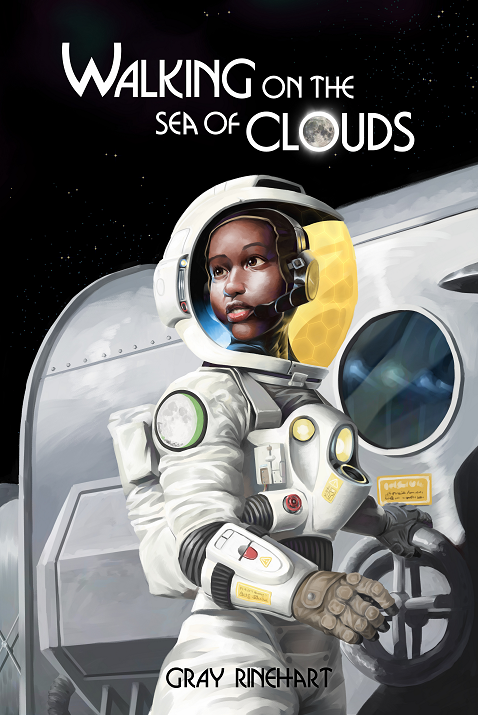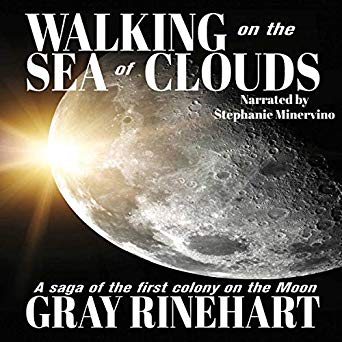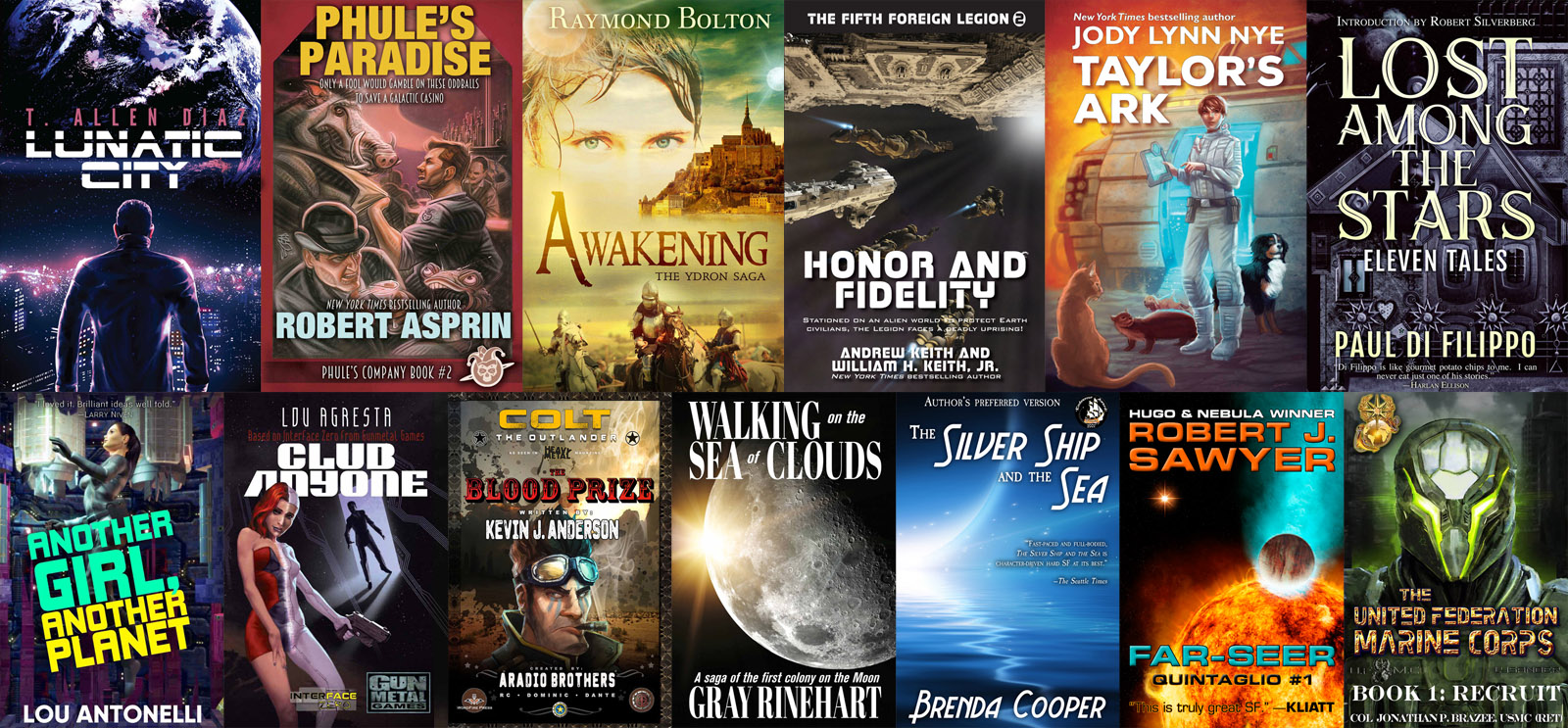Have you ever been in one of those moods where you’re evaluating your life and trying to make sense of things?
Early last year I was in such a mood when I found myself driving through South Carolina and reflecting on what I do. I don’t recall what book I was listening to at the time — something related to entrepreneurship — but part of it talked about developing a clear sense of mission: not at all unusual for a book like that, except that I was more in the mood to think about it than usual.

“My crystal ball is cracked, no magic images appear.” (Photo by Christopher Rinehart.)
Anyway, on that trip I came to the conclusion that my mission, my vision, my purpose in life is to write Good Words, for Good People. I like to think that’s what I actually do, but at the very least it’s what I want to do, what I intend to do.
I know that I don’t write perfect words. I don’t write anything like great words, or monumental words, or world-changing words. But I think I write good words — whether they come in the form of stories or songs or ideas, whether you encounter them here on the blog or in my newsletter or in a book or magazine or CD or speech.
“Good” in that they are adequate to the task, usually well-suited to the occasion.
Perhaps “good” in that they provide value for the investment of time and treasure.
And hopefully “good” in the sense that they make the world, or some small part of it, a little better.
I know sometimes I fail, and what I write is poor: poorly worded, poorly constructed, poorly thought. At other times, whether I succeed or fail will be … questionable. For instance, some things I write may challenge you, contradict you, even upset you, and you may assess them as being poor while others assess them differently. That’s okay, because I can’t (and don’t) expect anyone to agree with me all the time — as I’ve written about before.
But from the perspective that I am trying to produce “good” words, I’m comfortable saying that
- My CDs aren’t perfect, or even masterful, but they’re pretty okay
- My book on education isn’t the best thing ever written on the subject, and it won’t change anyone’s life who reads it, but it’s pretty good and (I think) is worth a reader’s while
- My novel may not be the best thing anyone reads this year, and it won’t be to everyone’s taste — what is? — but it’s a pretty good near-future science fiction story, and some people have even found it to be moving
- My newsletter is no paragon of excellence, but I try to keep it friendly and conversational (plus, if you subscribe I send you a free song, a free story, and a free e-book)
So, then, Good Words — that’s one thing.
But Good People — who are they?
To my way of thinking, pretty much everybody qualifies as “good people” — certainly you do! We may not agree on much, we may barely get along, we may not even like each other very much, but we’re all doing our best, the best way we know how, and the vast majority of us are trying to do things the right way, so far as we know the right. We’re not just trying to do well, but most of us are trying to do good. And I’m serious about you fitting that category, even if we’ve never met, because I sincerely believe that anyone who takes the time to read something I’ve written, or listen to something I’ve sung, or think about something I’ve said, is “good people.”
That’s GW4GP. The more I’ve thought about it, boiling down what I do and why to its very essence, what came out of the mental crucible that day was quite simple (and perhaps even a bit elegant): I write; and what I write, I hope, are Good Words, for Good People … like you.
Thanks for reading!
___
P.S. If you’re of a mind, I hope you’ll visit and “Like” the “Good Words for Good People” Facebook Page. Thanks! GWR



 by
by 

















